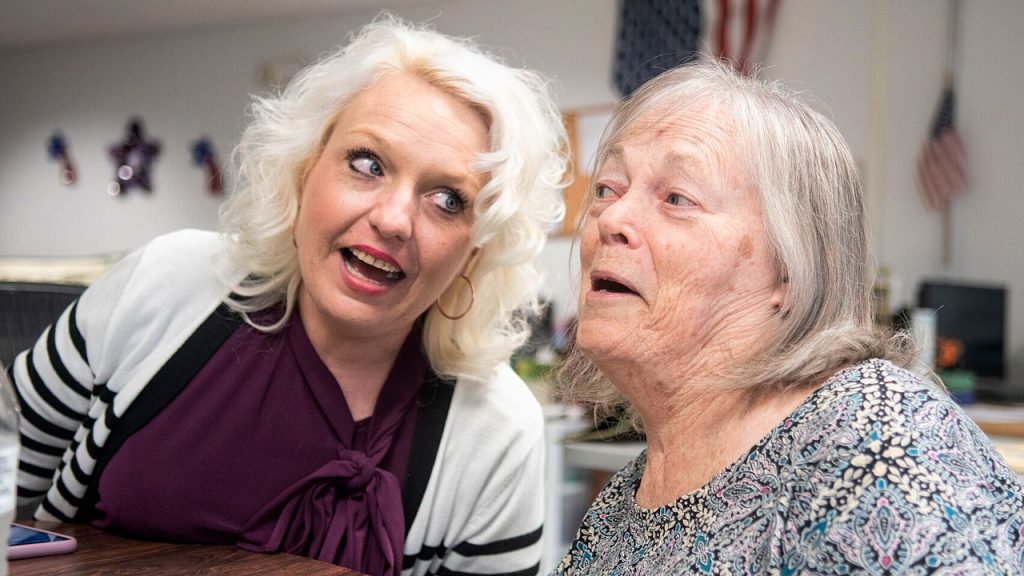Thousands of older Americans are benefiting from adult day services that provide safe and stimulating environments for those with physical or cognitive disabilities while also giving respite to their caregivers. However, these services face challenges in staffing and funding, especially as rates of Alzheimer’s disease continue to rise. For individuals like 74-year-old Rodger White, attending Third Age Adult Day Center four mornings a week allows his wife, Sally, a break from her caretaking duties and provides him with routine and a sense of community. The high cost of these programs, as well as transportation issues in rural areas, are barriers preventing more older adults from accessing these services.
Adult day services are more prevalent in certain areas of the country, like California and New England, while struggling to staff and fill centers with clients in middle America and rural regions. Costing less than $100 a day, adult day programs are still more affordable than nursing homes, but many Americans are struggling to afford these services. Medicare does not cover adult day care, making it difficult for many older adults to access these programs, particularly those with limited financial resources. Stigma around aging and lack of awareness about the benefits of adult day services also contribute to the underutilization of these programs.
For individuals like 79-year-old Marilyn Vargo, who has short-term memory loss and relies on VNA Caring Center in Shamokin, attending adult day services provides socialization and mental stimulation. The program helps reduce depression, loneliness, and isolation while offering a variety of activities to improve overall wellness. Lack of public awareness about the benefits of adult day services, as well as underfunding and staffing challenges, are limiting access to these programs, despite the growing need due to increasing rates of Alzheimer’s and dementia.
Adult day services offer more than just social activities, with a focus on cognitive-based activities, physical exercises, and nutritional support to enhance overall health and well-being. Programs like MemoryLane Care Services in Toledo, Ohio, provide a valuable resource for those with cognitive impairments, despite limited awareness and marketing challenges. Staffing shortages, low pay, and the impact of the COVID-19 pandemic have made it difficult for many adult day centers to meet the growing demand for their services, especially as rates of Alzheimer’s and dementia continue to rise.
As the need for adult day services continues to grow, advocates are calling for increased funding and support to ensure that these programs can meet the needs of an aging population. With the “aging tsunami” approaching and more individuals being diagnosed with dementia-related issues at a younger age, there is a critical need for increased awareness and funding for adult day programs. The Whites, who have been married for 46 years, are among the many older Americans who rely on adult day services to provide quality care and support for both the individual with disabilities and their caregiver.


